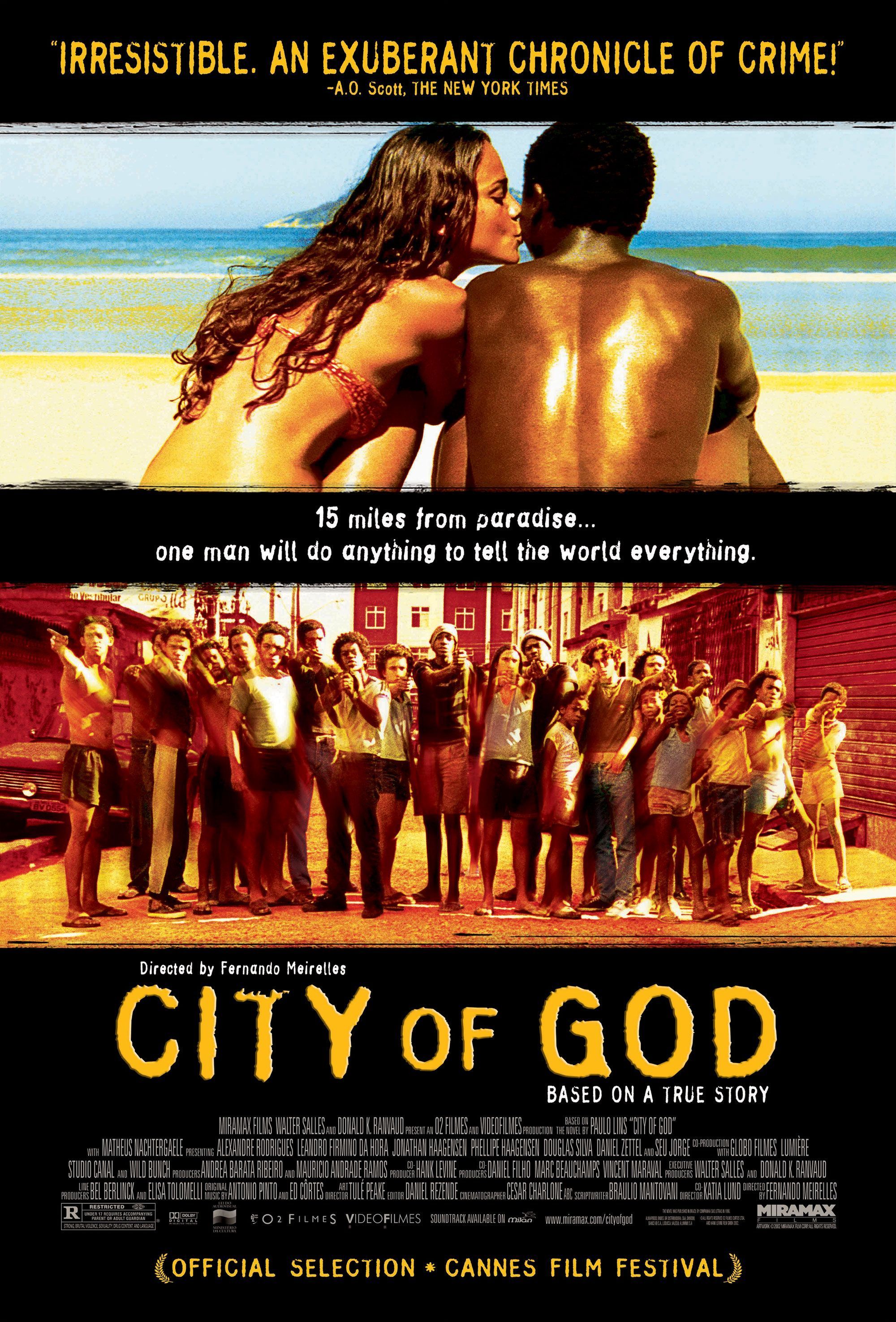Its a sort of historic full circle, following her mothers footsteps 25 years ago.
With itsstrong box-office performance,I’m Still Herehas boosted global recognition and curiosity for Brazilian films.
Brazilian cinema offers an authentic window into the country’s vibrant culture, history, and spirit.
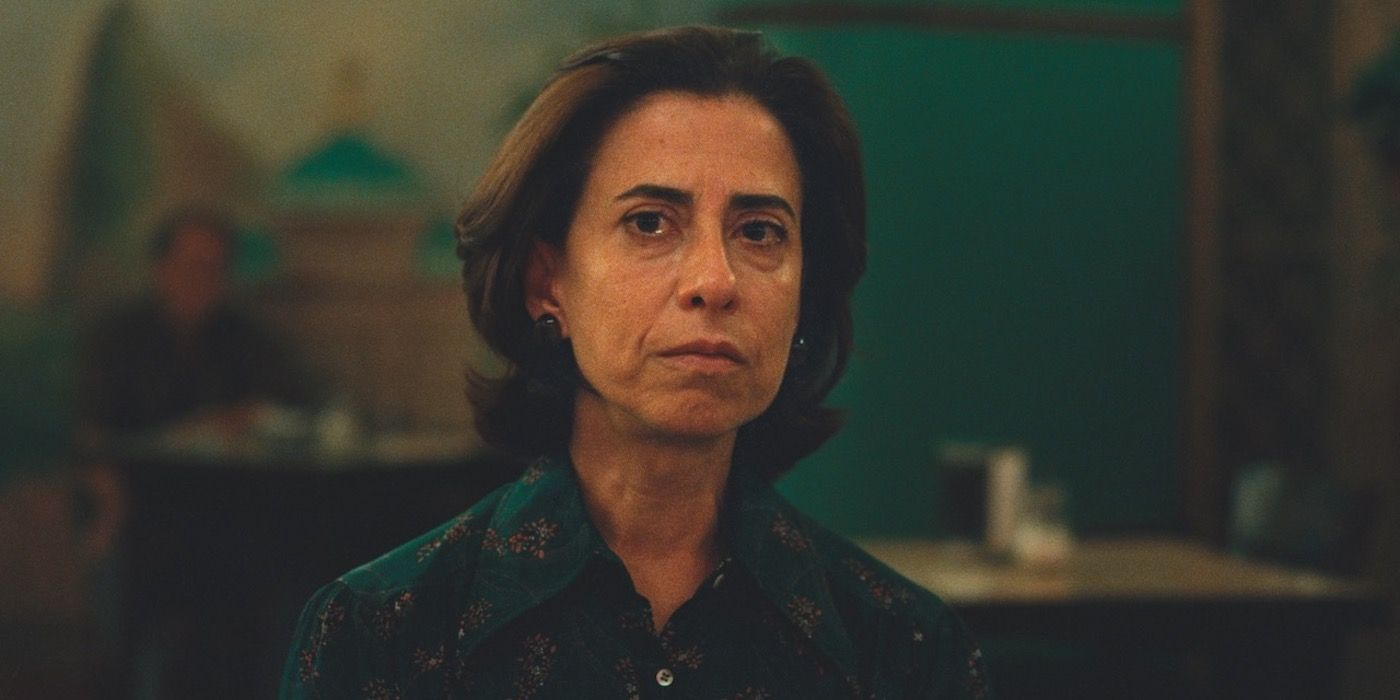
Image via Sony Pictures Classics
The films gritty style and striking cinematography pull you into a world of hardship and survival.
Itsmix of social critique and heartfelt storytellingmakesPixotea timeless masterpiece that still resonates today.
Four Days in Septemberisa captivating historical dramathat presents the political struggles of the time with careful attention to detail.
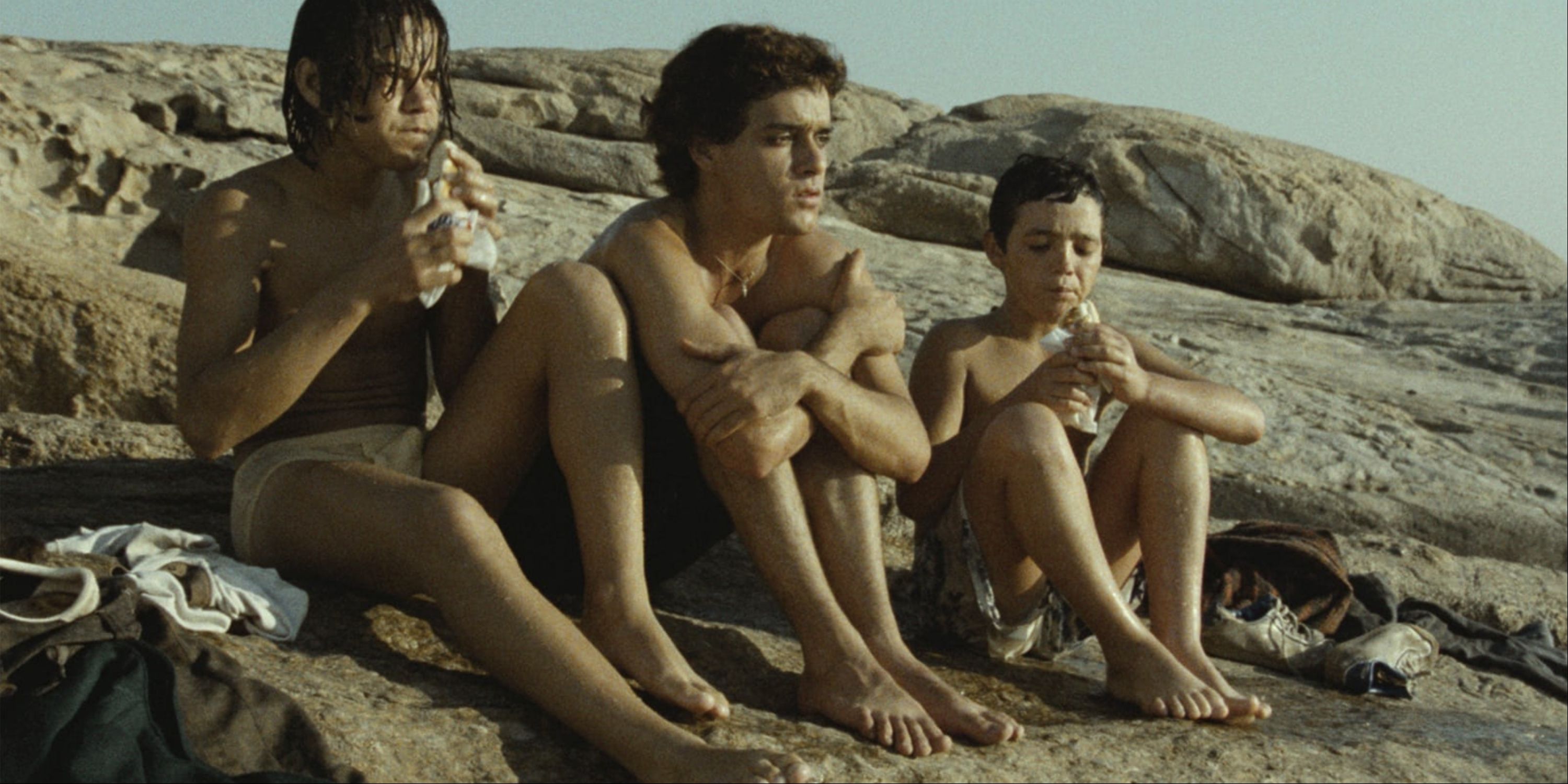
Picture by Embrafilme
The film portrays both the revolutionaries and government forces in a balanced, raw manner.
Forced to endure brutal treatment, he quickly realizes that his so-called rehabilitation is more about control than care.
The film paintsan unfiltered portrait of institutional cruelty, with its documentary-style cinematography enhancing the rawness of his experience.
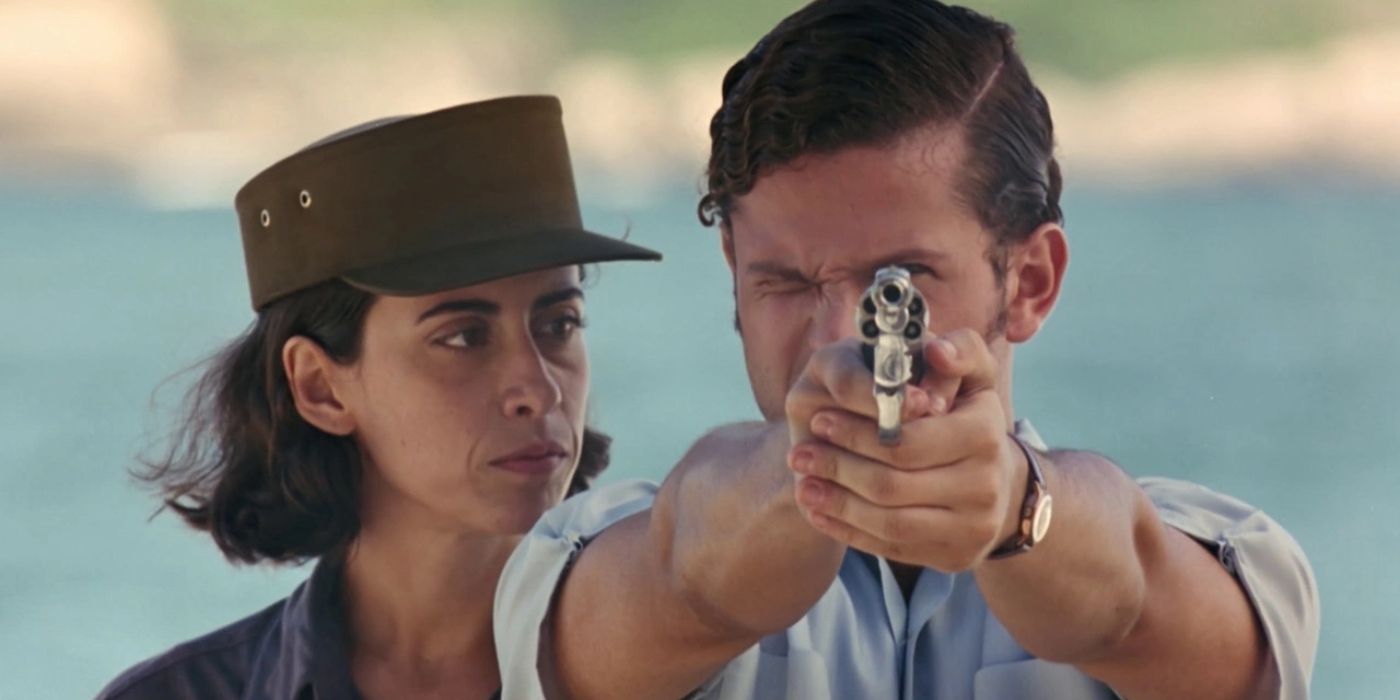
Image via Miramax
Two Sons of Franciscogoes beyond musicits aboutperseverance, family, and the sacrifices made for a dream.
The film weaves these narratives together, offering a deeply humanizing portrayal of prisoners.
An essential watch for those interested in socially conscious cinema,Carandirustands as one of Brazils most powerful films.
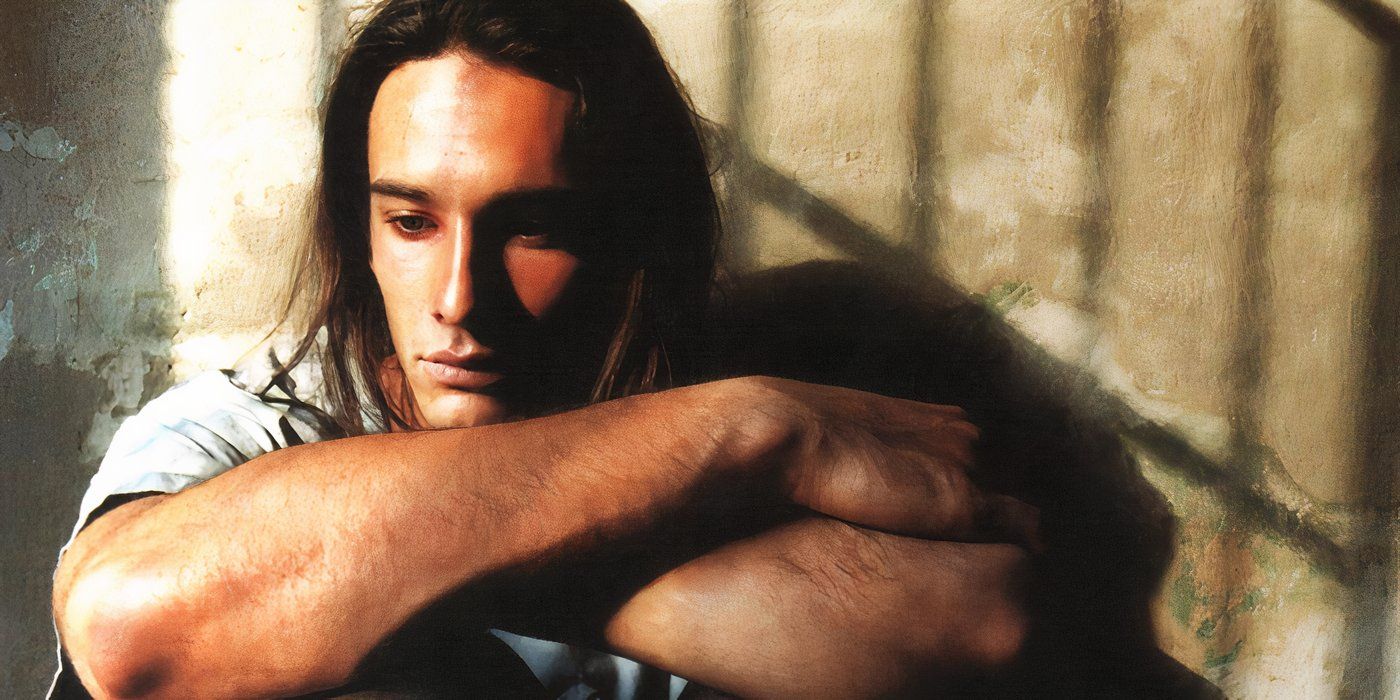
Photo from Fabrica Cinema
The town is mysteriously disappearing from maps, cut off from water, cell service, and outside help.
As unsettling events escalateunexplained murders, foreign drones hovering aboveTeresa and the villagers realize they are being targeted.
Blending Western, sci-fi, and horror,Bacurauis a genre-defying masterpiece.
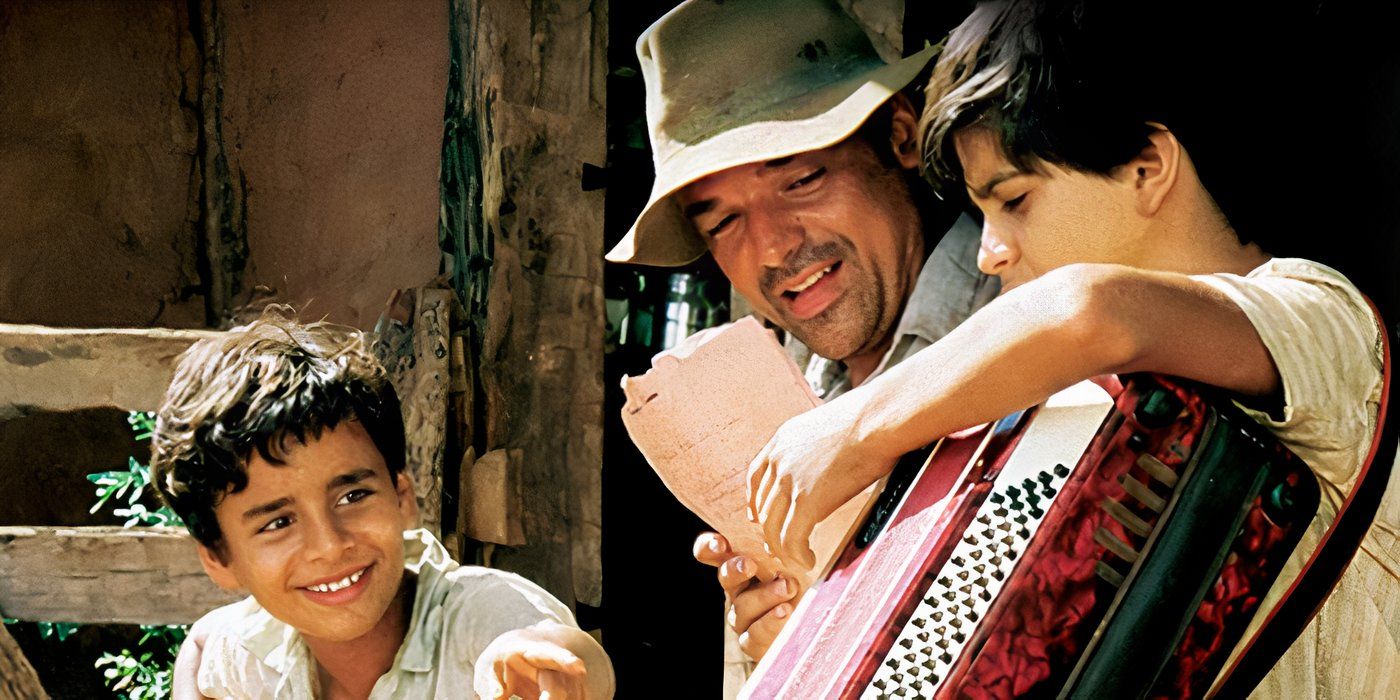
Photo from Globo Filmes
DirectorsKleber Mendonca FilhoandJuliano Dornellescrafta surreal yet grounded thrillerthat tackles themes of class struggle and resilience.
Its slow-burn mystery unfolds into a bold and violent showdown.
As she desperately seeks answers, she faces relentless state oppression while raising their five children alone.
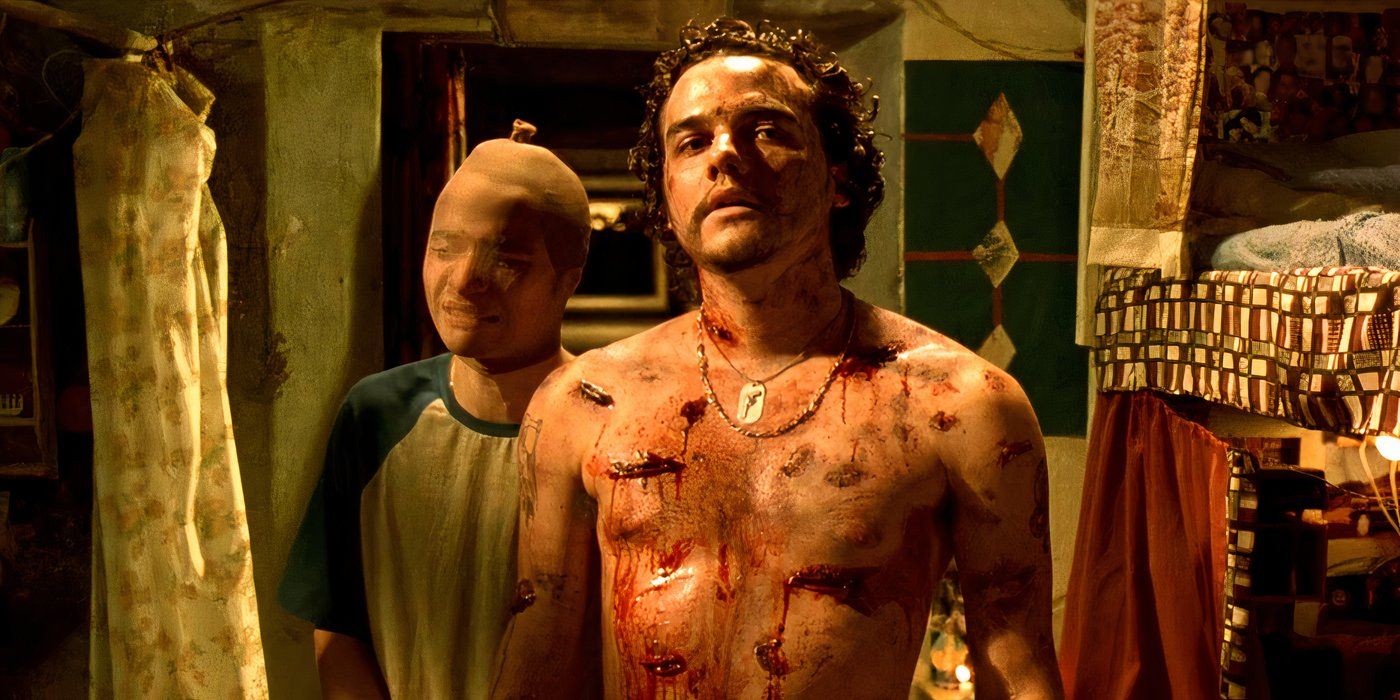
Photo from Globo Filmes
Both heartbreaking and beautiful,Central Stationisa masterclass in character-driven drama.
Salles directs with sensitivity, letting the breathtaking landscapes of Brazil serve as a backdrop to Doras transformation.
Montenegro delivers a powerhouse performance, making Dora one of the most memorable protagonists in Brazilian cinema.
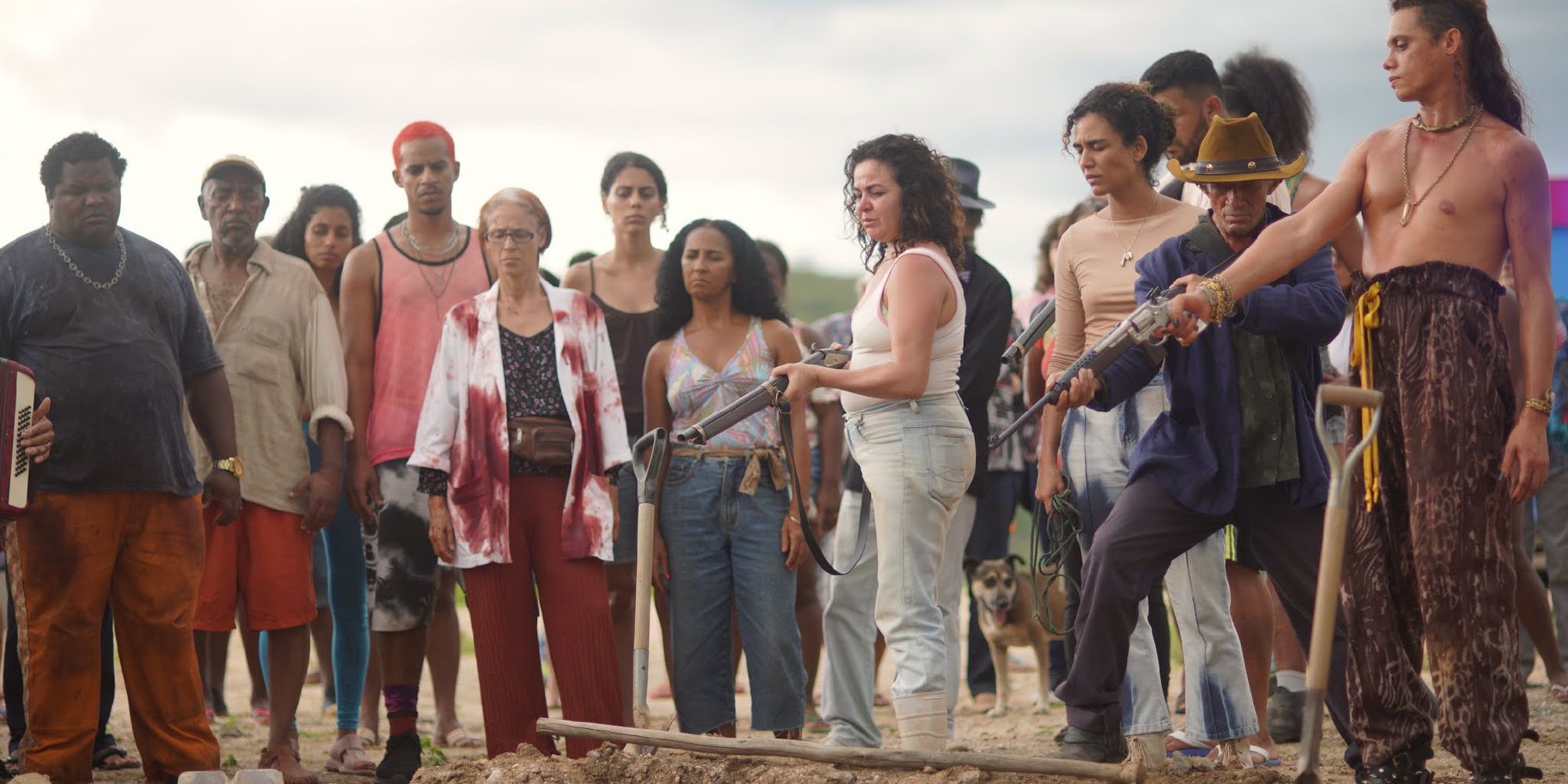
Image via Vitrine Filmes
The film avoids sentimentality, instead offeringa raw and authentic exploration of this unexpected connection.
Nominated for two Academy Awards and praised worldwide,Central Stationremainsone of Brazils most celebrated films.
Visceral, gripping, and brilliantly crafted,City of Godput Brazilian cinema on the map.
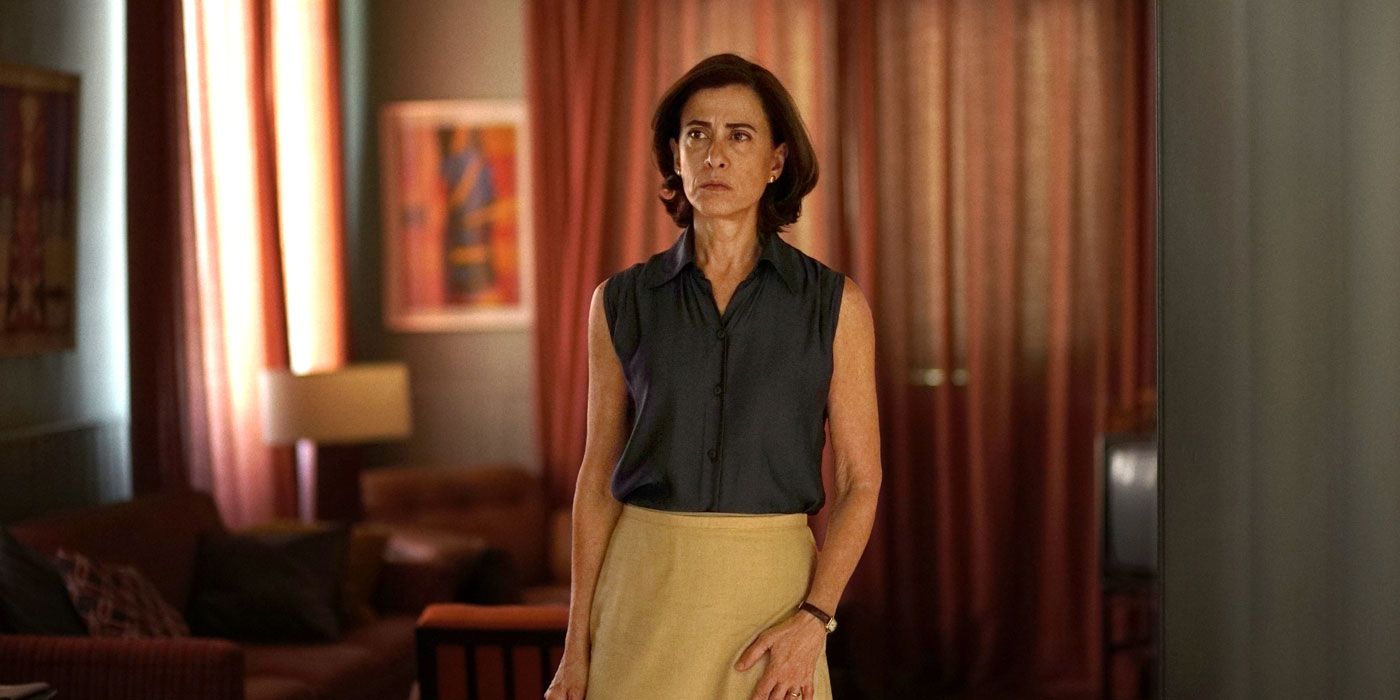
Image via Sony Pictures Classics
Next:The 10 Best International Movies of the Last 25 Years, Ranked
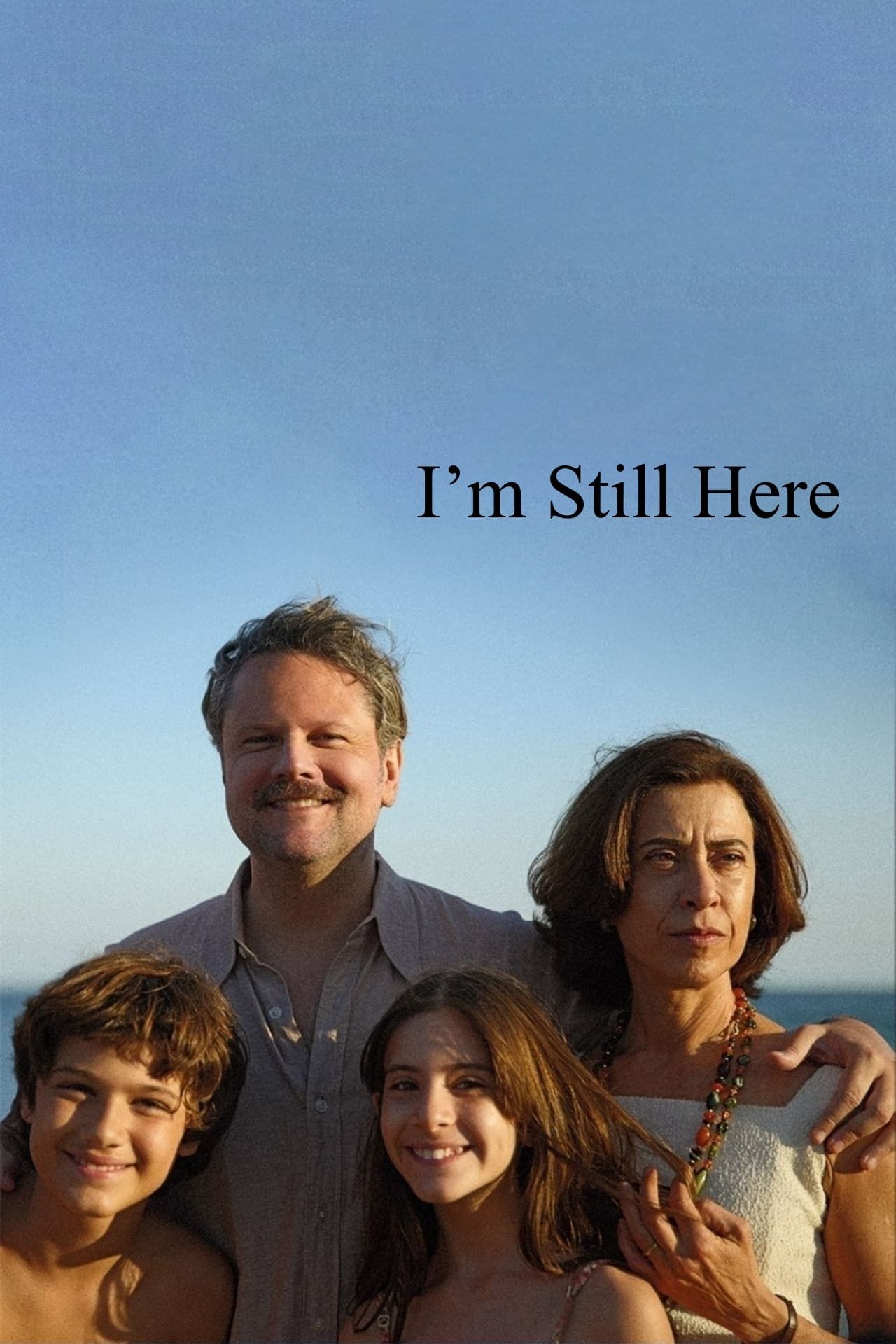
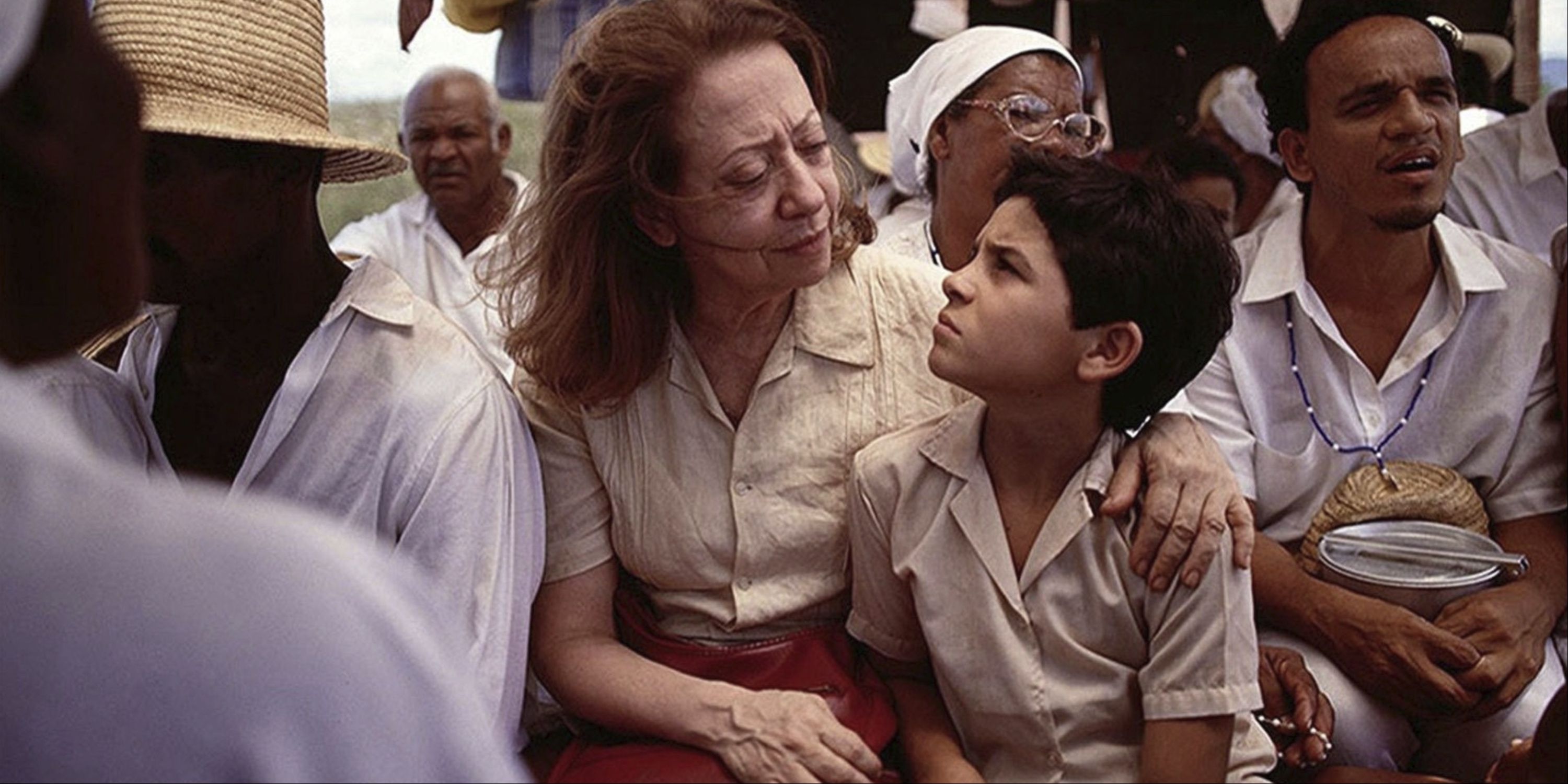
Image via Sony Pictures

Image via Miramax Films
